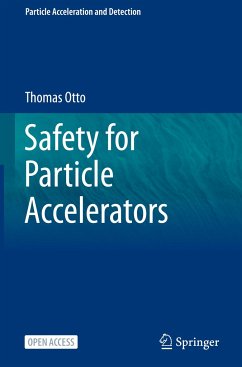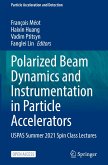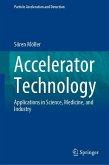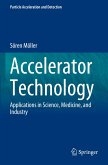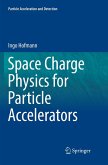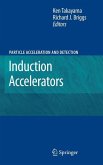The use of non-standard technologies such as superconductivity, cryogenics and radiofrequency pose challenges for the safe operation of accelerator facilities that cannot be addressed using only best practice from occupational safety in conventional industry. This book introduces readers to different occupational safety issues at accelerator facilities and is directed to managers, scientists, technical personnel and students working at current or future accelerator facilities. While the focus is on occupational safety - how to protect the people working at these facilities - the book also touches on "machine safety" - how to prevent accelerators from doing structural damage to themselves.
This open access book offers a first introduction to safety at accelerator facilities. Presenting an overview of the safety-related aspects of the specific technologies employed in particle accelerators, it highlights the potential hazards at such facilities and current prevention and protection measures. It closes with a review of safety management and organization at accelerator facilities.
This open access book offers a first introduction to safety at accelerator facilities. Presenting an overview of the safety-related aspects of the specific technologies employed in particle accelerators, it highlights the potential hazards at such facilities and current prevention and protection measures. It closes with a review of safety management and organization at accelerator facilities.

